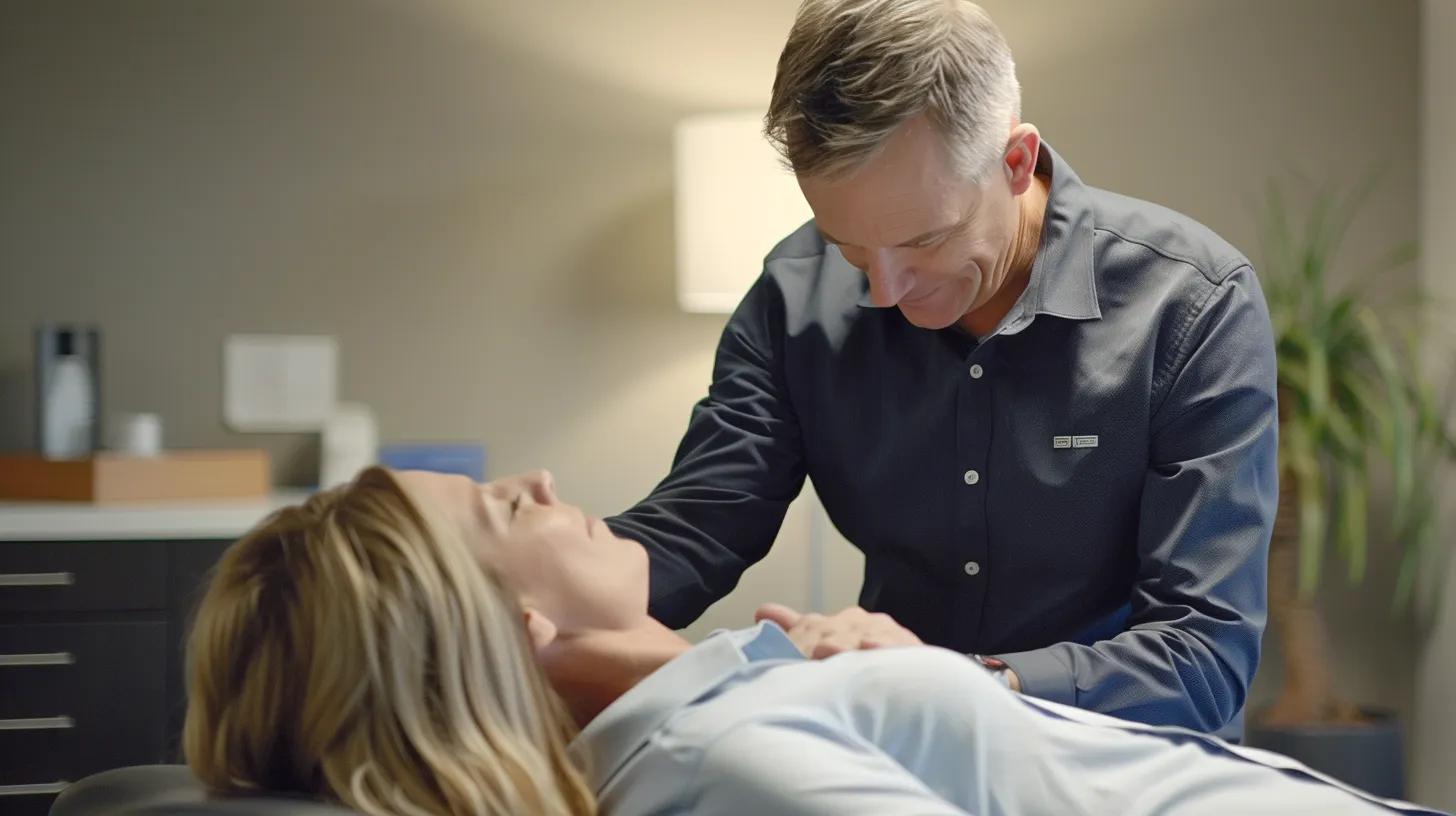There are many side effects to smoking including increased risk of cancer, emphysema, heart disease and many more. A new study published in the Journal of the American Medical Association reports that secondhand smoke can have deleterious effects to those around it. Researchers found that young children living in smoking households tend to get more cavities. The study, involving 3,500 children ages 4 to 11, concluded that the incidence of cavities in deciduous teeth among children exposed to smoke daily was almost double that of children from nonsmoking households.
There are many factors that can increase the risk of disease when exposed to secondhand smoke. Scientists believe that cigarette smoke lowers the immune response, which allows bacteria to proliferate. Another theory for the increased incidence of cavities is that smoke irritates nasal passages, which leads to mouth breathing. When children breathe through their mouth, it becomes dry and there is less saliva, which counteracts lactic acid build up. Therefore, lactic acid levels are higher in the mouth, which leads to cavities.
Smoking is a difficult habit to quit, but the positive effects start almost immediately. Your health improves with each minute that you do not smoke. If choosing to increase your health and quality of life is not important enough to decide to quit smoking, then maybe the health of your children will emphasize the need to quit. If quitting smoking is not an option, try not to smoke when others are in close proximity.
There are many successful smoking cessation programs and treatments, including acupuncture and hypnotherapy. Talk with others who have quit smoking, it may provide the motivation that you need. The most important aspect that leads to a successful smoking cessation program is the personal desire to quit.



